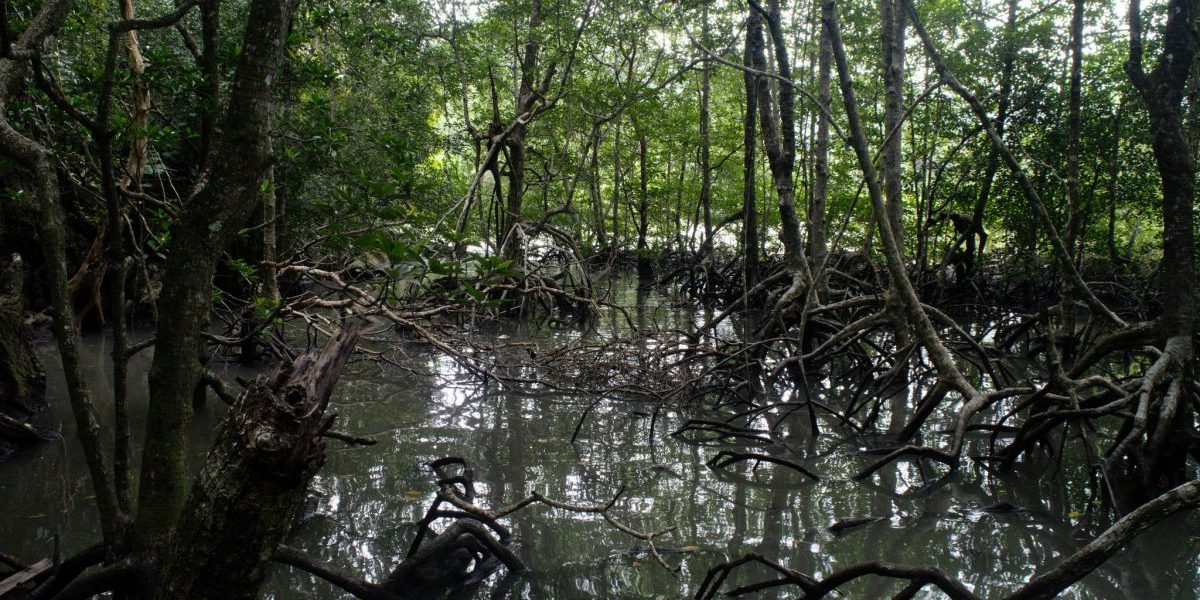Although the bodies of the UN Framework Convention on Climate Change have developed strategies and mechanisms to enhance terrestrial ‘Green Carbon’ sinks, less attention has been given to marine and coastal ecosystems – despite their capacity to sequester comparable amounts of carbon both in their tree biomass as well as in the deep mud that accumulates around their roots. The abundance of mangrove forests, seagrasses and tidal marsh ecosystems in Africa, and their vital importance as both global carbon sinks and sources, makes ‘Blue Carbon’ important for many countries’ climate change strategies – not only in international forums, but also to fulfil their national governments’ pledges to reduce carbon emissions.
It is important that African negotiators realise these carbon benefits and use the policy windows open to them as opportunities to attract financing for the conservation and restoration of vital coastal ecosystems.








